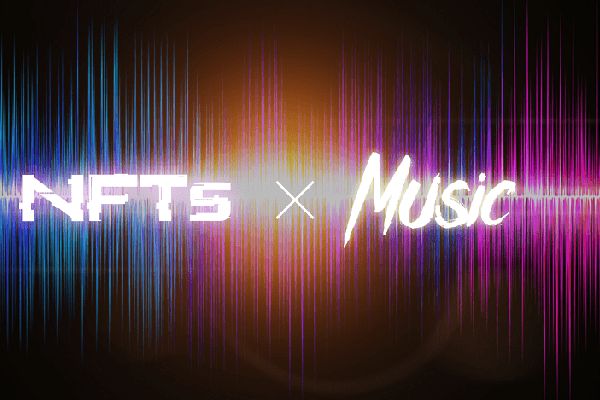Copyright issues have always been there in the music industry, and copyright lawsuits are in action to minimize these problems.
Despite having defined laws and regulations, the ratio of plagiarism is still higher in the music industry. People are copying the tunes, lyrics, and songs as a whole without giving credits to the creator or composer of the music.
Due to higher copyright issues and fewer solutions to avoid them, NFT’s are in action and minimizing the copyright problems to a great extent. NFT stands for a non-fungible token that is given to the creator of art or music, reserving the rights only to the creator.
The block-chain concept helps identify who is the creator of the shared music and artwork through connected databases.
Keep scrolling down the article to get familiar with what type of copyright issues occur and how NFT helps minimize these issues.
Top 3 Types of Copyright Issues You Must Know About
It is very important to clearly define what part of the music you want to reserve the rights and ownership. In various parts of the world, when music is shared by the creator or the music composer, it is used by many other people. Depending upon what portion and amount of content are plagiarized and copied, fines are claimed by the creators.
Following are some of the types of copyright issues that music creators face.
Plagiarizing the lyrics
When you have a non-digital music asset, then the chances of getting your lyrics copied are higher, and you may lack evidence to prove the ownership most of the time. People plagiarize some part of the lyrics and make it a part of their own compositions, making it difficult to identify the original one. That is why the NFT music marketplace is making it difficult to copy any part of the music by clearly defining the ownership of the digital music asset.
Plagiarizing the tune
Plagiarizing the tunes created with the help of various instruments is another very common plagiarism issue in the music industry. People do not copy the lyrics in their compositions, but they copy the whole or some part of the tune into their work. The artists or the composers who made the tune can claim copyrights if any of this happens.
Using the content without permission
Music and songs are made and composed for various purposes; the composers either sell their work to the film producers to use them in the films, or they just release them independently. The copyright issues for copying a whole song are higher in the film industry, where without the creator’s consent and permission, a song becomes a part of the film.
Top 3 Ways To Minimize Copyright Issues with NFT
With the physical form of music assets, there are no such clear guidelines and ways to secure them and prove your ownership. That is why artists are now relying more on the digital form of music assets to keep them safe and enjoy the royalties.
Below are some of the ways NFT is playing its role in minimizing copyright claims and issues.
Define the modes of use
When the creator shares a piece of music on the website, they are given a token, and this token gives the creator the right to define the limits of using a piece of music. The creator becomes able to define for how long the collector can use their work and how many times they can resell it.
By giving royalties to the creator
The person carrying the non-fungible token is the one enjoying the royalties upon each sale of their work. With the digital form of music, the creator will be able to get the deserved reward upon each use and sale of the music. These royalties define who the real creator is, and there are no ambiguities regarding who will be enjoying the royalties because of the chain of databases connected.
Clearly define the ownership
With NFT, no one can claim the ownership of the music asset as it will not be the humans defining the ownership. It becomes obvious that the person having the ownership is the one having the right to decide how and when a piece of music can be used. As an artist, you can secure your assets by signing up for the NFT marketplace and detach yourself from the debates regarding ownership.
Keep your work safe with NFT!
No matter what type of artwork you have, the possibilities of facing copyright issues will be higher when the work is in physical form. Securing the assets in the digital form is the new talk of the town, and it has served negligible benefits to the artists. If you are an artist or a musician, make sure you sign up for a digital platform and reserve all the rights and royalties of the work to yourself.






